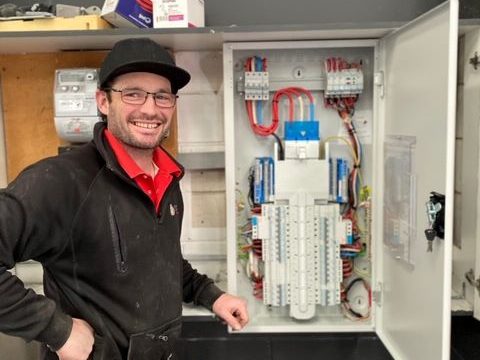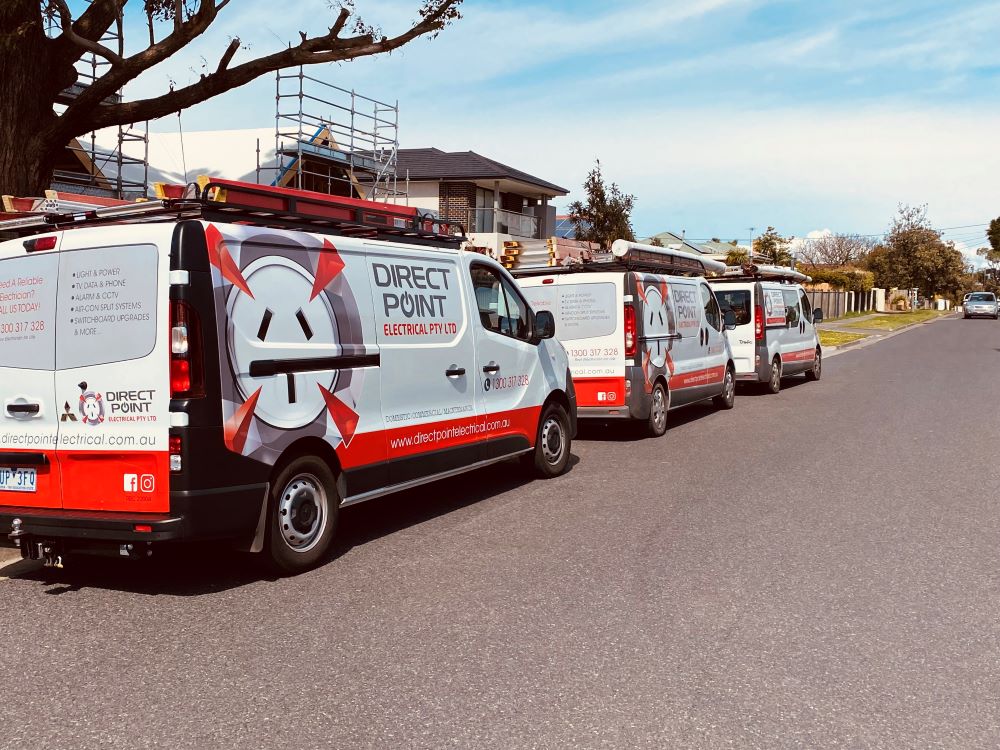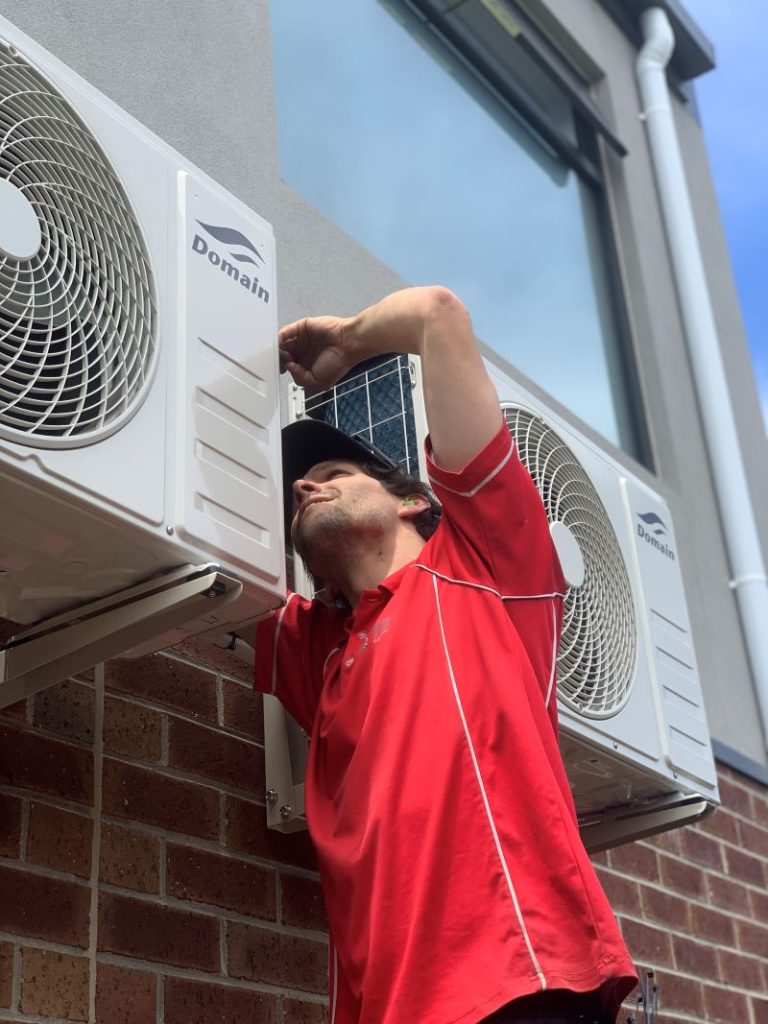Understanding the Essential Importance of Regular Electrical Safety Inspections in Your Home
An electrical safety inspection is a thorough and detailed assessment of your home’s wiring, switchboard, outlets, and various safety devices. This crucial evaluation not only guarantees compliance with the Australian Standard AS/NZS 3000 but also helps identify potential hazards, including overloaded circuits, faulty wiring, or absent safety switches. Conducted by certified electricians, these inspections are fundamental for preventing serious dangers such as electric shock, devastating fires, and damage to your valuable household appliances.

Critical Electrical Safety Inspections Every Homeowner Must Not Overlook
Many homeowners often have the misleading belief that their home’s electrical system is functioning optimally until a significant issue arises unexpectedly. However, how can you be certain that your wiring is not deteriorating behind the walls? Are you completely confident that your switchboard operates correctly and is not prone to overheating? Regular electrical safety inspections are not merely a precaution; they are an absolute necessity, particularly in older areas such as Narre Warren and Rowville. Given that most residences in these locales are over 40 years old, the original switchboards are often outdated and require replacement. Whether you are buying, selling, renovating, or simply haven’t had an inspection for several years, understanding how inspections work and their significance is vital for ensuring your home’s safety and security.
Comprehensive Overview of What an Electrical Safety Inspection Involves
An electrical safety inspection comprises a meticulous examination of your property’s entire electrical infrastructure. A qualified electrician will assess the condition, compliance, and functionality of various components, including:
- Wiring and cable insulation to ensure they are not worn or damaged
- Power outlets and light switches for proper operation
- Switchboard and circuit breakers to confirm they are up to current standards
- Residual Current Devices (RCDs) or safety switches for essential protection
- Earthing and bonding systems to prevent electric shocks
- Appliance connections and load capacity to manage electrical demands
- Smoke alarm wiring (if hardwired) to ensure safety compliance
- External weatherproofing of outdoor circuits to prevent weather-related issues
At Direct Point Electrical, we diligently adhere to all relevant legislation and guidelines, including the AS/NZS 3000:2018 Wiring Rules, Energy Safe Victoria recommendations, and Victorian Rental Tenancy Regulations, ensuring your home remains safe and compliant.
Significance of Electrical Inspections for Older Homes
Residences constructed prior to 1990 often relied on outdated wiring methods, such as rubber-insulated or aluminium cabling. These materials can deteriorate substantially over time, particularly in areas exposed to heat or moisture. If your home has not undergone rewiring or a thorough inspection in more than two decades, scheduling a safety inspection becomes absolutely essential. We frequently encounter serious issues, such as:
- Non-earthed outlets, which pose significant safety risks
- Oversized fuses that can lead to dangerous overloads
- Lack of smoke alarms where required for safety
- Circuits without RCDs, leaving homes vulnerable to electrical faults
- Undersized cabling for modern electrical loads, risking overheating
These concerns represent substantial hazards that can endanger both your home and personal safety, making timely inspections crucial for peace of mind.
Guidelines for Scheduling Your Electrical Inspection Effectively
- Before purchasing or selling a property: This is often a prerequisite set by lenders and is a recommended step for ensuring buyer diligence.
- Prior to renovations or major appliance upgrades: Confirming electrical safety before making modifications is essential.
- Following flood, storm, or fire damage: Swift inspections help uncover any new hazards that may have arisen.
- If your home is over 25 years old: Regular checks are vital for older properties to ensure continued safety.
- As a landlord, when preparing a rental property: Compliance and safety checks are of utmost importance.
Since March 2021, landlords in Victoria are mandated to conduct electrical safety checks every 2 years, in accordance with the Residential Tenancies Regulations 2021.
For comprehensive information, please visit: Victorian Government Consumer Affairs.
Detailed Examination Process of an Electrical Safety Inspection
Our licensed electricians perform a thorough walkthrough and evaluation of all accessible electrical systems, which includes:
- Testing every socket and switch for any faults or issues
- Checking polarity and voltage across all points to ensure safety
- Verifying the presence and functionality of RCDs for protection against faults
- Inspecting the switchboard layout, its protection, and proper labeling
- Utilising thermal imaging to identify overheating components (when necessary)
- Conducting earth loop impedance testing to ensure effective earthing
- Documenting any illegal or DIY wiring that may compromise safety
Upon completion of the inspection, you will receive a detailed written report outlining:
- Existing hazards that require attention
- Compliance status with relevant safety standards
- Urgent repair needs, if applicable
- Recommended upgrades for improved safety
- Options available for enhancing safety in your home
Additionally, we provide a Certificate of Electrical Safety (COES) for any rectification work carried out during the inspection, ensuring you have peace of mind regarding the safety of your electrical systems.
Steps to Follow If Your Home Fails the Electrical Inspection
There’s no need to panic or feel overwhelmed. Many homes we inspect typically require only minor improvements, such as installing an RCD, replacing a few worn outlets, or addressing an overloaded circuit. If we uncover significant issues—such as non-earthed wiring or an outdated switchboard—we will prioritise safety risks and provide you with a clear, fixed quote for the necessary repairs. For further insights into how we approach updates, please visit our electrical services page.
Understanding the Timeframe for an Electrical Safety Inspection
The duration of most inspections typically spans from 1.5 to 2.5 hours, depending on the size and accessibility of the property. If you reside in a double-storey or split-level home, or have extensive outdoor power systems, the timeframe may vary slightly to ensure a thorough and comprehensive assessment is conducted.
Financial Benefits of Arranging an Electrical Safety Inspection
Indeed, neglecting to identify issues like leaking current, loose neutral connections, or improperly loaded circuits can lead to significant financial consequences, including:
- Increased power bills due to inefficiencies
- Shortened lifespan of your appliances from electrical stress
- Risk of costly repairs if problems go unnoticed over time
Furthermore, identifying faults early protects you from potential financial burdens and legal repercussions associated with an electrical fire or injury claims, especially if you are a landlord responsible for tenant safety.
Frequently Asked Questions About Electrical Safety Inspections
What is the difference between a safety inspection and an energy audit?
A safety inspection is focused on identifying hazards and ensuring compliance with safety codes, whereas an energy audit assesses energy efficiency and provides recommendations for reducing energy consumption.
Should I turn off the power during the inspection?
It is not always necessary to turn off the power. Some tests may require brief disconnections, but the majority of the inspection can be conducted with the power on to facilitate thorough testing.
Am I liable for fines if I neglect safety checks?
If you are a landlord, the answer is yes. Under the Residential Tenancies Act, failing to perform bi-annual safety checks can result in fines or complications with rental listings, which can be quite serious.
Is a safety inspection necessary if I have solar panels?
Yes, a safety inspection is essential. Solar systems include additional components that require testing, including isolators, inverters, and export limits, all of which must comply with safety standards.
Can DIY electrical work negatively impact my inspection?
It certainly can. Any non-compliant or unlicensed modifications must be rectified before we can issue a safety clearance, highlighting the importance of professional oversight in electrical work.
Your Trusted Local Electrician for Comprehensive Electrical Safety Inspections
Investing in electrical safety inspections is among the most critical and cost-effective protective measures you can take for your home. These inspections can avert tragic incidents, and if your home is older, has recently undergone renovations, or hasn't been professionally assessed in years, now is the perfect time to take proactive measures to ensure safety.
Contact Direct Point Electrical today to schedule your professional inspection and secure your home’s electrical safety.
Dependable Local Electricians You Can Trust for Electrical Safety
Electrical Safety Inspections Explained: What Melbourne Homeowners Must Know
The Article: Electrical Safety Inspections: Essential Guide for Melbourne Homeowners first appeared on https://writebuff.com
The Article Essential Guide to Electrical Safety Inspections for Melbourne Homeowners Was Found On https://limitsofstrategy.com




